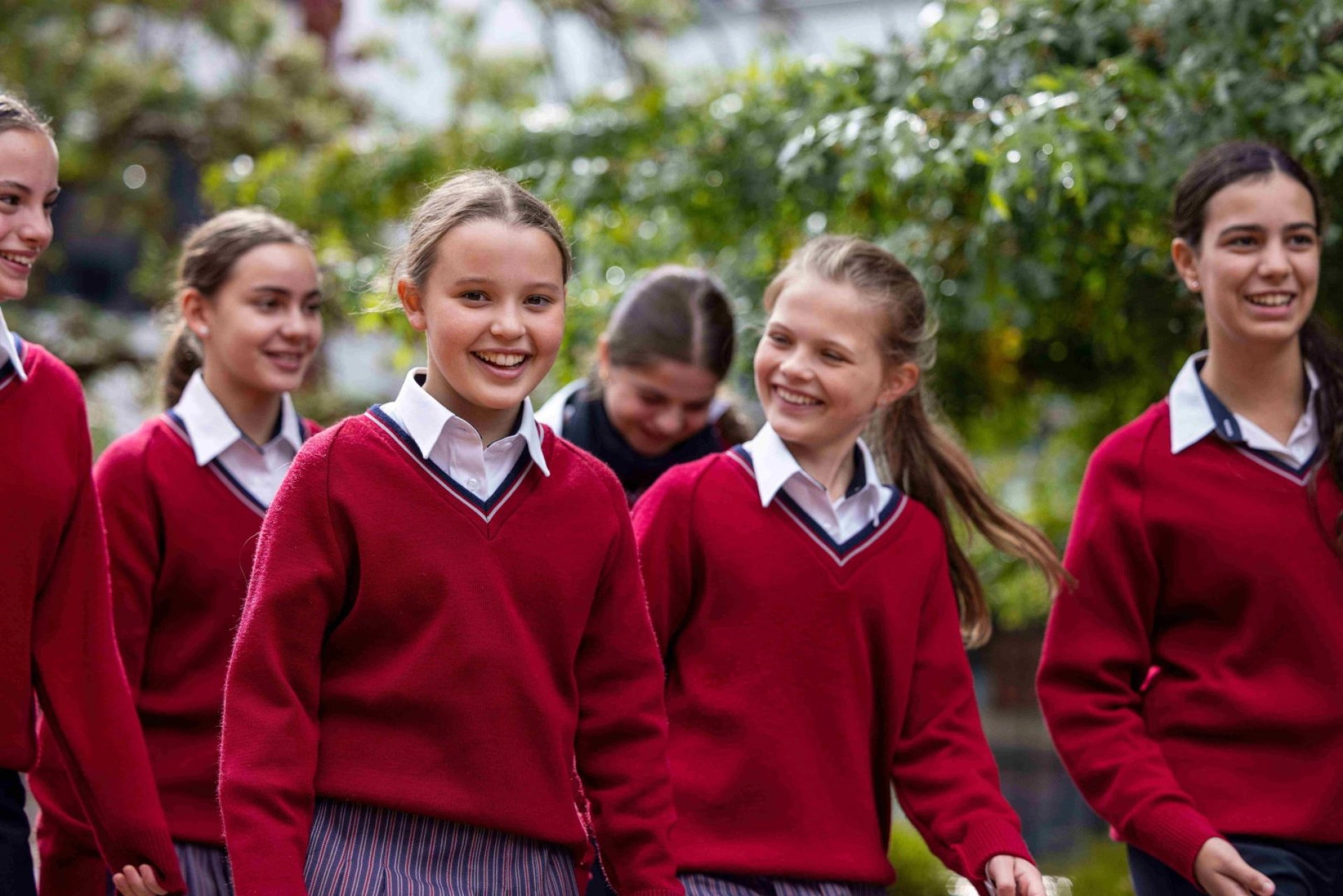Dr Judith Locke Presentation
Thank you to those parents and guardians who joined us to hear from Dr Judith Locke on Tuesday evening. In her presentation to both OLMC staff and parents, Judith focused on practical strategies to help develop the following five attributes in our young people:
- Resilience
- Self-Regulation
- Resourcefulness
- Respect for others and authority
- Responsibility and contributing to the wider community.
Judith’s books include more detail into the insights she has gained through her research of the impact of parenting styles. Her tiles include The Bonsai Child, The Bonsai Student and most recently, Raising Anxiety.
Challenge Success Survey
This year, OLMC has engaged Challenge Success, a research-based organisation that has been established by Stanford University in the United States. We have joined the Raising Her Voice program that Challenge Success provides. This program has a focus on the pursuit of girls’ wellbeing, engagement and belonging, and includes a survey that is administered to gain data about how students at OLMC experience these facets of life at the College.
This survey was completed by our students in Term 2 and has provided us with valuable data that will help us determine what we are doing well but also areas for improvement. Staff have had an opportunity to look at these survey results and during this term, focus groups of students from Year 7-11 will be having discussions with staff to further unpack some of this data.
One of the questions asked of students was:
“What else are you doing when doing homework?”
73% of students said that they listened to music, 39% said they were on social media, 32% said they were also watching TV, Netflix or YouTube, and 8% said that they were only doing homework.
Digital Distraction
In his research for his book Stolen Focus, Johan Hari interviewed a number of researchers who had looked at the impact of devices on our focus. Professor Earl Miller, one of the leading neuroscientists at the Massachusetts Institute of Technology (MIT) states that ‘Your brain can only produce one or two thoughts’ in your conscious mind at once. That’s it. ‘We’re very, very single-minded.’ Yet the average young person now believes they can follow six or seven forms of media at the same time. When neuroscientists studied this, they found that when people believe they are doing several things at once, they are actually - as Miller explained - 'juggling. They’re switching back and forth. They don’t notice the switching because their brain sort of papers it over, to give a seamless experience of consciousness. But what they’re actually doing is switching and reconfiguring their brain moment-to-moment, task-to-task—[and] that comes with a cost.’
He explained that ‘your performance drops, you’re slower—all as a result of the switching’. It feels like a small effect, but it degrades your attention and thinking by a startling amount. One study at Carnegie Mellon University’s Human Computer Interaction Lab took 136 students and got them to take a test. Some of them had to have their phones switched off, and others had their phones on and received intermittent text messages. The students who received messages performed, on average, 20% worse.
The following strategies may be helpful in ensuring time on a phone or a device is not impacting on your young person’s ability to focus on a given task and concentrate on set tasks at home:
- Ensure that the phone or device is not in the study space
- Setting up routines that support non-screen time during the week. This might include at meal time and during a set time on the weekend when time might be made to play a board or card game or be active outside together.
- Ensuring young people aren’t on phones while being transported to school or extra-curricular activities can also help young people become accustomed to not being overly reliant on phones and can open up opportunities for conversations during these car trips
- Introducing your young person to one of the apps that encourages breaks from screens. These include ‘Freedom’ and ‘Forest’. Why not download these apps as well and compare your results with your young person.




